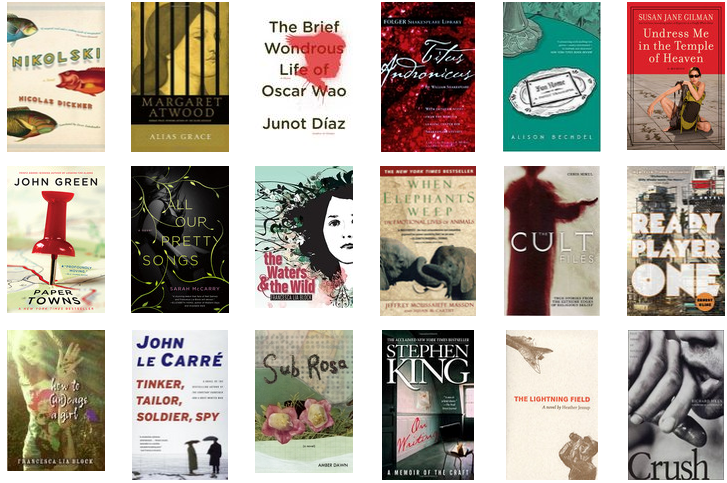Remember March, the ides of March remember:
Did not great Julius bleed for justice' sake?
- Brutus, Julius Caesar, IV. iii.
Earlier today, I was thinking of this article from the Poetry Foundation, detailing how poet John Keats would spend his Sundays reading Shakespeare instead of going to church (Keats and I have this in common). It occurred to me to do a similar bout of Shakespeare worship on my blog and write a weekly recap of 'my life in Shakespeare' each week. Why not, right?
Naturally, I had one particular Shakespeare play in mind this week, given that the Ides of March came and went: none other than 10th grade English class MVP Julius Caesar.
Did not great Julius bleed for justice' sake?
- Brutus, Julius Caesar, IV. iii.
Earlier today, I was thinking of this article from the Poetry Foundation, detailing how poet John Keats would spend his Sundays reading Shakespeare instead of going to church (Keats and I have this in common). It occurred to me to do a similar bout of Shakespeare worship on my blog and write a weekly recap of 'my life in Shakespeare' each week. Why not, right?
Naturally, I had one particular Shakespeare play in mind this week, given that the Ides of March came and went: none other than 10th grade English class MVP Julius Caesar.
With the play being forever immortalized by those same high school English classes, their allusion in the title of John Green superhit The Fault in Our Stars (which I've never read- I assume the intertext ends there), and film classic Mean Girls-
It was my intention to re-read the play on March 15, because I'm a sucker for a synchronous gimmick. I ended up being distracted, and only skimmed it while listening to the BBC Production. Even still, I was stunned by the power of the language, the meta-theatrical themes of politics as performance, et al. It deserves a re-read, but it's admittedly hard to prioritize when I still have new-to-me Shakespeare plays on the docket. The fault in my reading list, amirite?
Other Shakespeare things from this week:
Totally coveting this 'Shakespeare Love Quotes' mug, from the Unemployed Philosophers Guild (which is a great name, and I totally wish I could steal it for a band name, the bastards):
I have a wedding coming up. I wasn't planning on having a registry, but if literary mugs are a thing I can request, I just might start one.
Anyway, I also stumbled across this great photo set, based on the Three Witches in Macbeth (my favorite Shakespeare play):
 |
| from frerin, on tumblr |
I feel like this set perfectly captures the moody, foreboding gloom of the play. Also, yeah, I'm totally a sucker for photosets like these. I regret nothing.
Next time on Shakespeare Saturday: erm, I don't know. I desperately need to get back to the Wars of the Roses cycle, so, probably that.
Until then, rest you merry!


























